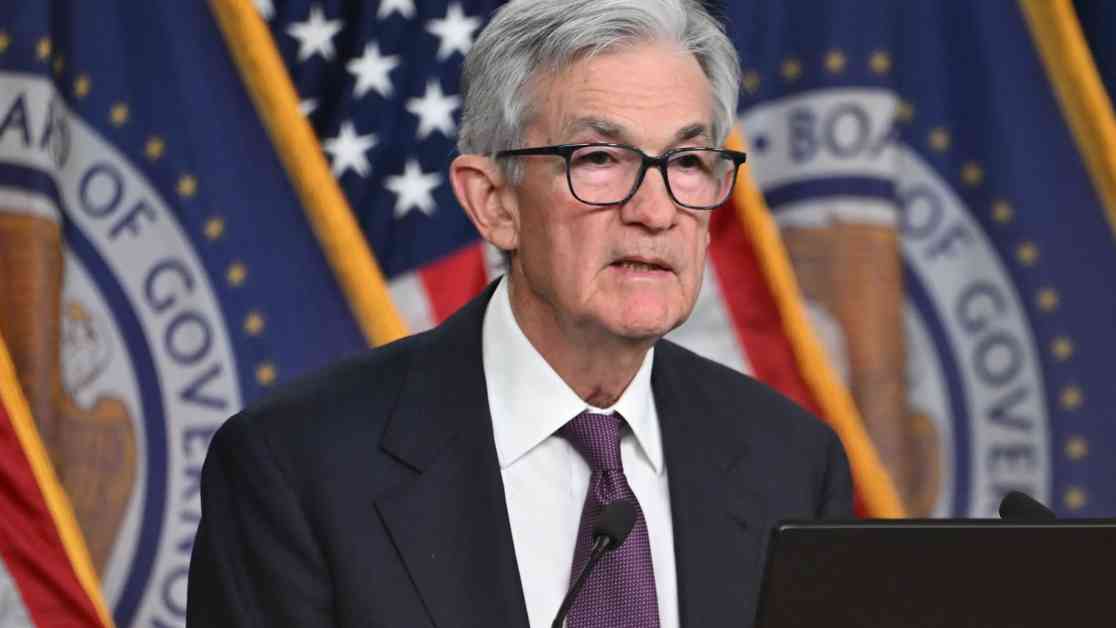The Federal Reserve Slashes Interest Rates, But What Does It Mean for You?
WASHINGTON – In a move that caught the attention of the financial world, the Federal Reserve has announced a 0.25% cut to its key interest rate. This marks the third consecutive reduction and comes with a hint of caution about future decreases. The Federal Open Market Committee made the decision to lower the overnight borrowing rate to a target range of 4.25%-4.5%, returning it to the level last seen in December 2022 when rates were on the rise.
Fed’s Future Plans
The big question on everyone’s mind was what the Fed would signal about its future intentions, especially as inflation remains above target and economic growth remains robust – conditions that typically don’t align with policy easing. The Fed’s decision to cut by 25 basis points suggests that there may be only two more cuts in 2025, a significant departure from the committee’s previous intentions. Additionally, the long-term view sees the “neutral” funds rate at 3%, slightly higher than previously projected.
Market Reaction
Following the announcement, the stock market experienced a sharp decline, with the Dow Jones Industrial Average plummeting over 1,100 points and Treasury yields surging. Futures pricing also adjusted, indicating a more conservative outlook for rate cuts in 2025. Despite the swift action taken by the Fed, Chair Jerome Powell emphasized the need for a more measured approach moving forward.
Impact on Consumers
While the Fed’s decision directly affects banks and overnight lending rates, its ripple effects are felt by consumers through various types of debt, including auto loans, credit cards, and mortgages. The adjustment to the rate also hints at a slower pace of future cuts, which could impact borrowing costs for individuals.
In light of the recent economic outlook changes and the potential impact of fiscal policies under the new administration, the Fed is treading carefully to balance economic growth with inflation concerns. Powell stressed the importance of assessing and responding to policy changes thoughtfully, indicating that the Fed is closely monitoring the evolving landscape.
As the Fed continues to normalize its policy stance, the rate cuts signal a shift towards a less restrictive environment. While the market response has been mixed, with rising mortgage rates and Treasury yields, the Fed remains committed to calibrating its actions to support a stable economic environment.
So, what does this mean for you? As the Fed navigates a changing economic landscape, staying informed about policy changes and their potential impact on borrowing costs is crucial for individuals and businesses alike. Whether you’re a homeowner, a small business owner, or simply a consumer looking to make financial decisions, understanding the implications of the Fed’s decisions can help you navigate an ever-changing financial landscape with confidence.

















